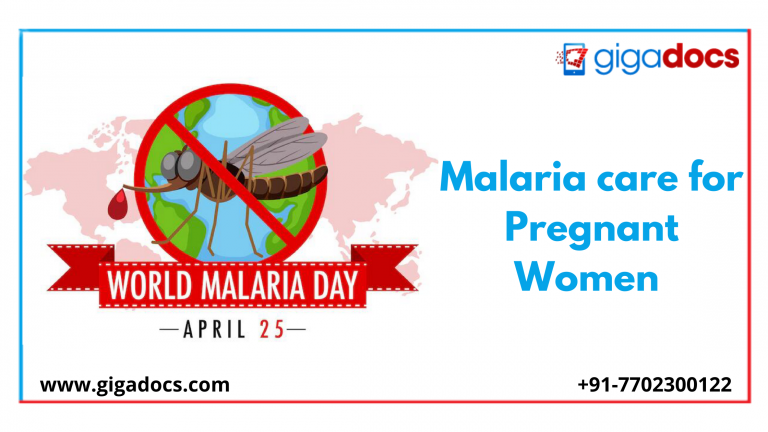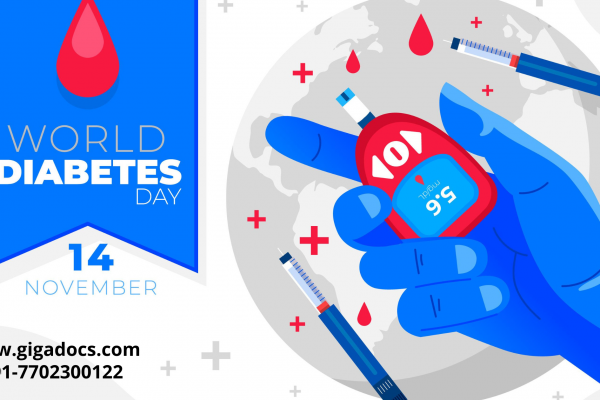Malaria and malnutrition continue to be the major causes of death in developing countries such as India.
Malaria is one of the deadliest infectious diseases, killing over a million people and affecting people of all ages. Pregnant women, children, and immunocompromised people have the highest morbidity and mortality rates. Let’s look at how malaria affects pregnant women on World Malaria Day.
Malaria Signs and Symptoms
Malaria is widespread in hot and humid tropical climates and can result in serious health issues like organ failure, breathing difficulties, seizures, brain damage, and even death. In rare cases, malaria-infected pregnant women can pass the disease on to their unborn children. Malaria can occasionally get transmitted through hypodermic needles, blood transfusions, and organ donations.
Symptoms of malaria usually appear ten days to one month after a person has been infected. Though mild symptoms are possible, some people do not become ill for up to a year after being bitten by a mosquito. Do you know? Parasites can survive for years in the body without causing symptoms.
Malaria symptoms are similar to flu symptoms and include:
- Fever and perspiration.
- The whole body is shaking with chills.
- Muscle aches and headaches.
- Fatigue.
- Cough, chest pain, and breathing problems.
- Diarrhea, nausea, and vomiting are all symptoms.
Pregnant Women and Malaria
According to the 2019 World Malaria Report, malaria infects 11 million pregnant women each year and is thought to be responsible for the deaths of 10,000 women and 100,000 newborns each year,
In malaria-endemic areas, pregnant women are susceptible to malaria during pregnancy, which has negative consequences for birth outcomes such as small for gestational age and preterm babies. These babies are more likely to be born with low birth weights, which puts them at risk for infant mortality and long-term morbidity.
Malaria and Pregnant Woman Health
Pregnancy lowers a woman’s malaria immunity, making her more susceptible to infection and putting her at risk of illness, severe anemia, and death. Malaria threatens the health of the expectant mother and that of her developing fetus during pregnancy, and an infected mother is likely to be a carrier of the disease.
Asymptomatic malaria infection is still associated with complications in malaria-endemic areas. Anemia and placental malaria are common during pregnancy, resulting in low birth weight and perinatal morbidity and mortality.
Tele-healthcare and Malaria
Many people find it challenging to seek health care for themselves and their loved ones because they must frequently travel for several hours to reach the nearest health center, particularly during the rainy season, when many areas become inaccessible due to flooding.
Telemedicine can provide a wide range of pregnancy-related services. On the Gigadocs app, you can schedule an initial blood test to diagnose malaria and subsequent digital consultation with an expert Obstetrician and Gynecologist. To make a reservation, download the Gigadocs app.
Download the Gigadocs App to read health tips and get the best care for your liver:
- IOS App – apple.co/2W2iG4V
- Android App – bit.ly/33AQoRC
To know more, e-mail at info@gigadocs.com




